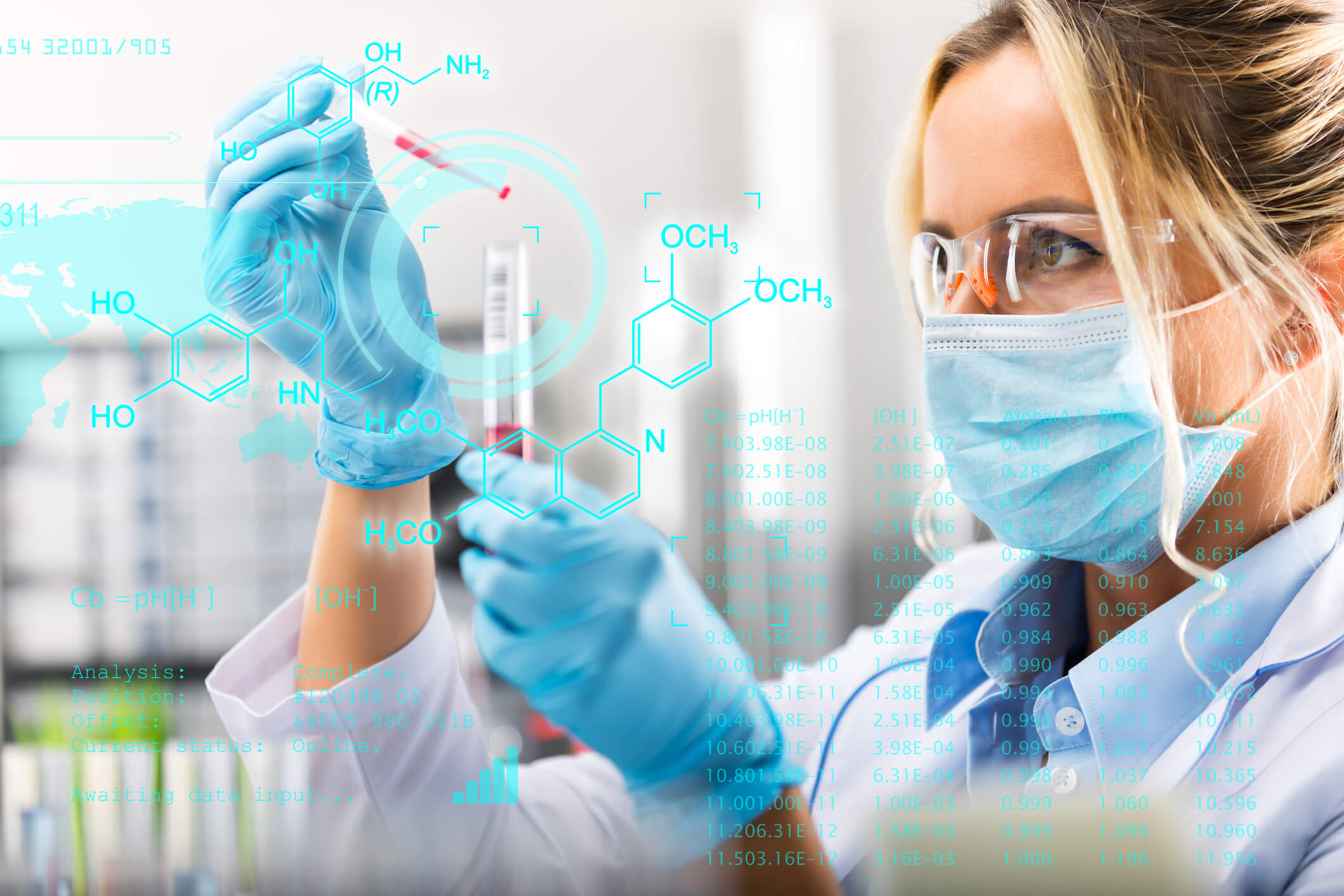Phase Equilibria for non-ideal mixtures
Overall Course Objectives
The overall purpose of the course is for the students to obtain knowledge of the most important thermodynamic principles, models and tools which are used in the industry. These models are available in the process simulators for calculating phase equilibria and other thermodynamic properties both at low and high pressures. The students will be able to use models for property estimation at various process conditions and for a wide range of compounds, from simple hydrocarbons, polar and hydrogen bonding compounds up to complex materials like polymers, electrolytes and pharmaceuticals. The calculated thermodynamic properties are of crucial importance in the petroleum, chemical and biochemical industries as well as for the design of chemical products and environmental assesments.
Learning Objectives
- Choose appropriate models for phase equilibrium calculations of different types of mixtures e.g. with non-polar, polar and associating compounds as well as mixtures with electrolytes and polymers at different conditions
- Describe the most important “common” principles of many thermodynamic models (local compositions, corresponding states, regular solutions, group contributions, free volume) as well as their relationships
- Use the basic equations for various types of phase equilibria (VLE, LLE, SLE, VLLE, GLE, SGE,…) and estimate experimental activity coefficients from VLE or SLE data
- Perform phase equilibrium calculations for mixtures using thermodynamic models e.g. via suitable software as well as analyse the obtained results
- Identify the most important intermolecular forces and based on them choose appropriate thermodynamic models for specific purposes and applications
- Describe and analyse phase diagrams and choose appropriate models that could be used for their calculation
- Describe the various methods for the estimation of both pure-component and mixture parameters in thermodynamic models (both equations of state and activity coefficient models)
- Know the difference between correlative and predictive models
- Use the so-called EoS/GE mixing rules
- Explain the association principle and perform simple calculations with association models as well as predict the association schemes based on the structure of the compounds
- Explain the strengths and weaknesses of the various models and evaluate the capabilities of different models in describing various types of phase equilibria
- Calculate the distribution of chemicals in the environment (water-air-ground-living organisms) and present briefly models for biotechnology
Course Content
i. Thermodynamics in relation to separation processes – need for thermodynamic data – development of thermodynamic models and theories
ii. The most important concepts and definitions from physical chemistry (ideal mixture, fugacity, activity coefficient, phase equilibrium calculations: vapor-liquid, liquid-liquid, solid-liquid, solid-gas)
iii. The various types of intermolecular forces and their use in the development and understanding of theories and models, the theoretical basis of the most important models
iv. Cubic equations of state with classical and advanced mixing rules -applications in the oil & gas and chemical industries
v. Activity coefficient models with emphasis on “local composition” models and group contribution principle -chemical and pharmaceutical industries
vi. Theories and models for electrolytes, associating mixtures and polymer solutions -applications in the petroleum and polymer industries
vii. Octanol-water partition coefficients and environmental applications of thermodynamics and models for biotechnology
Recommended prerequisites
28221, Applied Physical Chemistry,
Chemical Engineering Thermodynamics
Teaching Method
Lectures (half of the course). Group work, exercises using suitable software. If there are under 10 students enrolled the teaching form can change.
Faculty
Remarks
The course is important for master thesis projects in the area of thermodynamics and separation processes as well as oil & gas.




